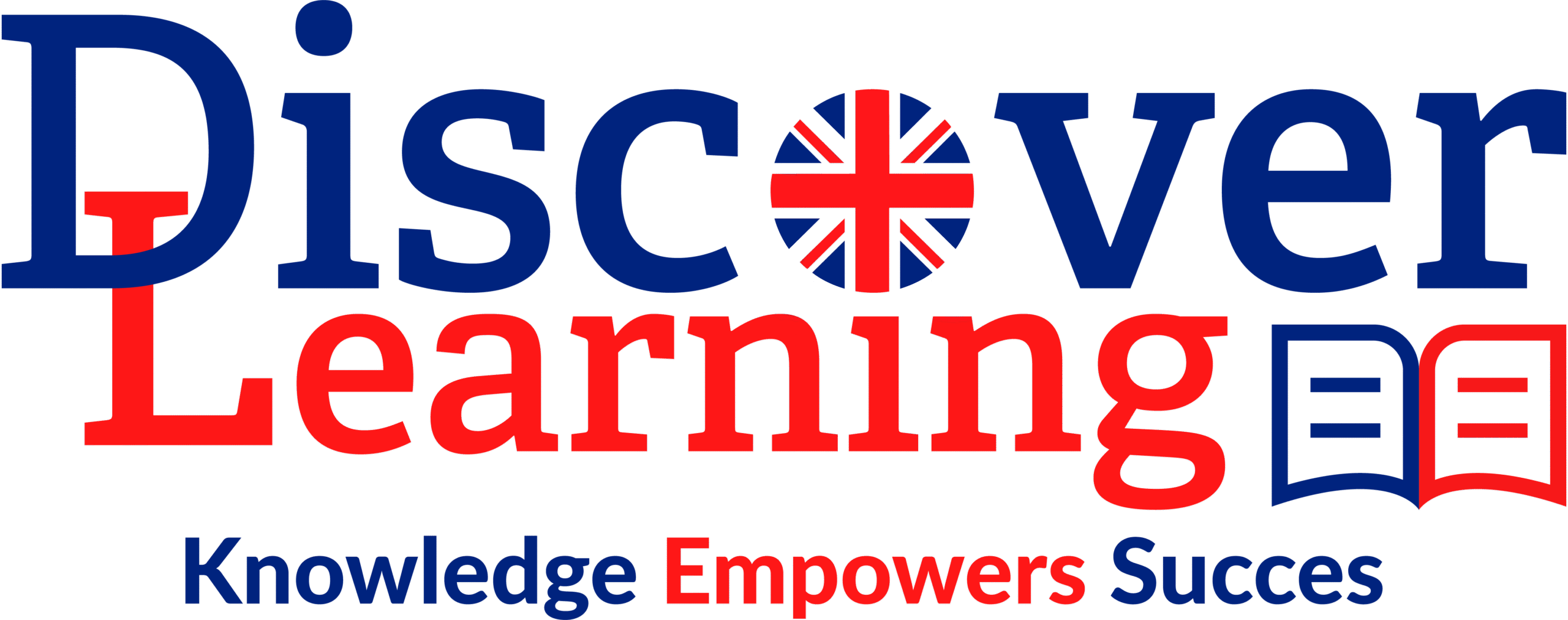Introduction
Peer Tutoring and Mentoring is transforming the way students learn and interact. Instead of the traditional one-on-one model with professional tutors, peer learning encourages students to support one another academically and emotionally. This collaborative approach not only strengthens knowledge retention but also builds essential life skills such as leadership, teamwork, and communication.
At Discover Learning Tutors, we embrace peer tutoring as a structured method of learning that enhances academic success and personal growth. By integrating peer tutoring into our programs, we empower students to gain mastery, build confidence, and foster inclusion in diverse learning environments. This article explores the advantages, strategies, and modern practices of peer tutoring and mentoring, while also addressing common questions from parents, educators, and learners.
The Core Benefits of Peer Tutoring and Mentoring
Peer tutoring goes beyond academic instruction—it creates an ecosystem of mutual learning and growth. Both tutors and tutees benefit from shared responsibility, deeper understanding, and improved communication.
Key Benefits:
- Learning by teaching: Tutors reinforce their knowledge while helping peers.
- Confidence building: Students feel more relaxed learning with peers.
- Skill development: Leadership, teamwork, and problem-solving abilities improve.
- Inclusive learning: Bridges cultural and language gaps.
- Motivation boost: Encourages accountability and goal setting.
This model not only enhances academic performance but also provides students with transferable life skills that serve them in higher education, careers, and personal growth.
Learning by Teaching: Strengthening Mastery and Retention
One of the most powerful elements of Peer Tutoring and Mentoring is the concept of “learning by teaching.” When students explain concepts to others, they reinforce their understanding and improve long-term retention.
Why It Works:
- Tutors must organize and simplify complex ideas, which strengthens mastery.
- Explaining topics aloud helps identify knowledge gaps.
- Active engagement promotes critical thinking and problem-solving skills.
Example in Practice:
Imagine a student teaching a classmate how to solve an algebraic equation. By explaining step by step, the tutor not only clarifies the solution for the tutee but also deepens their own comprehension.
Key Points:
- Teaching encourages higher-level processing of information.
- Mastery leads to improved academic outcomes.
- Tutors gain confidence as they see their peers succeed.
Building Confidence in a Supportive Environment
For many learners, speaking in front of a teacher can feel intimidating. Peer tutoring provides a more relaxed environment where students are comfortable asking questions and expressing doubts.
How Confidence Grows:
- Students feel less judged by peers than by adults.
- Learning with classmates makes the environment non-threatening and supportive.
- Tutors and tutees experience a boost in self-esteem as they achieve success together.
Benefits for Students:
- Tutees become comfortable verbalizing misunderstandings.
- Tutors feel empowered by contributing to others’ growth.
- Both sides build mutual trust and motivation.
Key Points:
- Reduced anxiety improves learning performance.
- Self-belief develops naturally in a peer setting.
- A supportive atmosphere makes learning enjoyable.
Teamwork, Collaboration, and Leadership Skills
Peer Tutoring and Mentoring is not just about academics—it’s a training ground for essential life skills. Students learn to collaborate, communicate, and take responsibility for others’ success.
Skills Developed:
- Teamwork: Learning to share ideas and solve problems collectively.
- Leadership: Tutors take responsibility for guiding peers.
- Communication: Active listening and adapting explanations to suit others.
- Responsibility: Tutors feel accountable for their peers’ progress.
Why It Matters:
These skills go beyond the classroom. In workplaces and communities, collaboration and leadership are essential for success. By practicing them early, students are better prepared for real-world challenges.
Key Points:
- Leadership roles build maturity and responsibility.
- Collaboration improves problem-solving abilities.
- Communication strengthens personal and academic relationships.
Structured Peer Tutoring Programs: Ensuring Success
Effective peer tutoring doesn’t happen randomly—it requires structure and guidance. Modern programs like those at Discover Learning Tutors ensure that sessions are organized, impactful, and aligned with educational standards.
Program Essentials:
- Training tutors in communication, teaching methods, and feedback.
- Supervision by professionals to maintain quality and support.
- Session planning with clear goals and outcomes.
Advantages of Structure:
- Tutors and tutees gain maximum academic benefit.
- Students learn with confidence in a guided framework.
- Consistent monitoring ensures progress and accountability.
Key Points:
- Organization prevents chaos in peer learning.
- Professional support improves learning outcomes.
- Training equips tutors with effective strategies.
Fostering Inclusion Through Diversity in Peer Tutoring
One of the most unique aspects of Peer Tutoring and Mentoring is its ability to foster inclusion. Students from different cultural, linguistic, or academic backgrounds benefit from collaborative learning.
Benefits of Diversity:
- Bridging cultural and language gaps by pairing students strategically.
- Older students guiding younger learners, creating a supportive community.
- Promoting empathy and respect through shared experiences.
Why Inclusion Matters:
A diverse peer tutoring environment nurtures global awareness and respect for differences. Students not only learn academic content but also become more open-minded, compassionate individuals.
Key Points:
- Inclusion encourages acceptance of diverse perspectives.
- Peer support builds a sense of belonging.
- Students gain social-emotional learning alongside academics.
Conclusionc
Peer Tutoring and Mentoring provides a powerful and holistic approach to education. From deepening academic understanding to building confidence, teamwork, and leadership skills, peer learning empowers both tutors and tutees. At Discover Learning Tutors, we integrate structured peer tutoring programs that foster inclusion, enhance retention, and prepare students for lifelong success.
By embracing peer tutoring, students gain more than just academic progress—they develop into confident leaders and compassionate collaborators, ready to face challenges in every aspect of life.
FAQs About Peer Tutoring and Mentoring
1. What is the main difference between peer tutoring and professional tutoring?
Peer tutoring involves students teaching and mentoring one another, while professional tutoring is conducted by subject specialists. Both can be effective, but peer tutoring adds social and emotional benefits.
2. How does peer tutoring improve academic performance?
By teaching peers, students process information at a higher level, improving comprehension and retention. Tutees benefit from simplified, relatable explanations.
3. Can peer tutoring help shy or introverted students?
Yes. The supportive, non-judgmental environment helps shy learners feel comfortable asking questions and expressing doubts, boosting their confidence over time.
4. Do peer tutoring programs require professional supervision?
For best results, yes. Structured programs with trained tutors and professional oversight ensure both academic success and personal growth.
5. How does peer tutoring prepare students for the future?
It builds transferable skills such as teamwork, leadership, communication, and responsibility—qualities essential for success in careers and life.

